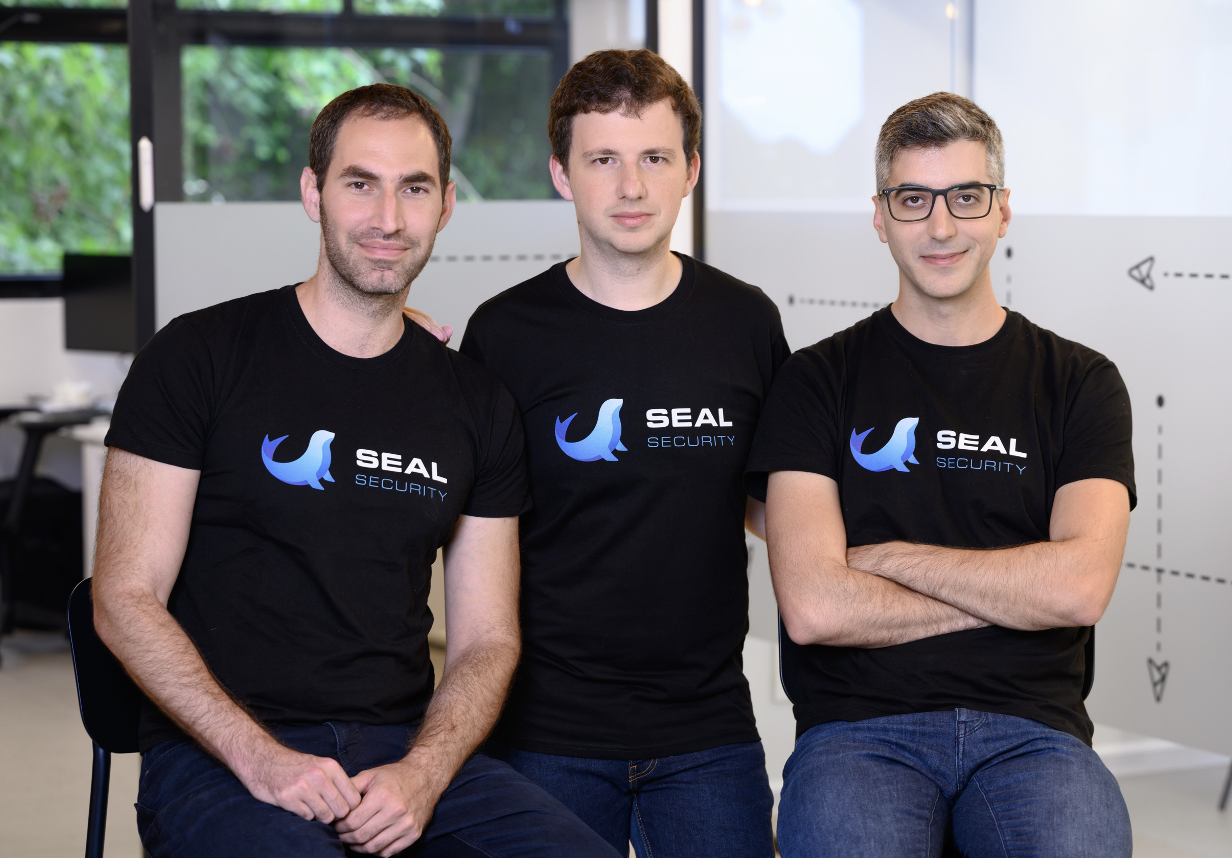“The future is already here – it’s just not very evenly distributed.” This quote, widely attributed to American author William Gibson, can be used to describe how technology gets adopted across segments of a population: unevenly. When considering adoption curves across economic sectors, industrial and manufacturing companies are often considered laggards relative to sectors like media and financial services.
The industrial sector’s size relative to its underinvestment in technology is part of what has supported the excitement around “industry 4.0,” a new industrial revolution predicated on the adoption of technologies like machine learning, predictive maintenance, IoT, and augmented reality. As investors, we are intrigued by how these technologies will shape the future of what is possible in industrial categories like construction, aerospace, and electrical equipment, among others. However, for much of the industrial sector in the US and Europe, adoption of modern software is lacking even for bedrock, customer-facing activities like service and maintenance.
Traditional customer-facing software in categories like service, marketing, and sales (broadly referred to as “front office”) has had some of the highest adoption rates in the B2B software space. Yet the largest players in these categories such as Salesforce, HubSpot, Zendesk, and others, were not architected for industrial companies. We believe this mis-architecting is part of what has driven the under-penetration of technology among industrial companies. More specifically, industrial businesses are complex. Relationships are not simply one-to-one between a vendor and a customer, but also include physical assets like machinery and facilities. A company that services industrial assets may not be the same company that manufactures them, and the interplay between multiple parties often means that coordination takes place manually, via paperwork and spreadsheets. Complexity will only increase with the massive growth of connected industrial devices, creating a deep need for a rearchitecting of core front office software for industrial companies from first principles.
Remberg is reinventing customer-facing software for industrial companies. Rather than architect around contact/company data, Remberg places industrial ‘things’ such as machines, equipment, facilities and vehicles at its core. For companies that build, install, service, maintain, or repair industrial equipment, this is a significant shift in the way they work.
Remberg’s core SaaS offering allows industrial businesses to input and manage data around their customers such as installed machines and asset types, in addition to traditional cusotmer data like contacts, meetings, and contracts. On top of this core data system, Remberg’s service module enables workflows like ticketing, self-service help, and field-service facilitation. It enables customers to solve service cases faster, plan work orders digitally, and complete digital forms, ultimately providing greater context into an asset’s service history. It integrates with email, which helps facilitate automation and can support automatic replies and templated responses. Managers can oversee service technicians, as well as notify their team with work orders.
Remberg is starting with customer service because for many industrial companies, a majority of revenue comes from servicing existing customers rather than adding new ones. But service is just the beginning. The flexibility of Remberg’s platform will enable the company to expand into sales and marketing, rounding out the front office suite while keeping industry-specific assets front and center for clients. Over time there will be opportunities to address additional asset-intensive industries outside of the industrial vertical.
Remberg was created with this product-centric approach as its core. The four cofounders – David Hahn, Hagen Schmidtchen, Cecil Wobker, and Julian Madrzk – met each other in 2018 while they were each enrolled in Master’s programs at the Technical University of Munich. Prior to which they had worked in various product and technology roles at companies including Vodafone and Celonis. While at TUM, they became interested in how technology was impacting the equipment manufacturing industry, a core sector of Germany’s economy. Meeting with senior executives across the industrial sector began to highlight lack of dedicated front office software for the industry. From this initial spark, Remberg was born.
We’re incredibly excited to be supporting David, Julian, Cecil, Hagen, and the rest of the Remberg team as they lead the industrial economy into the next wave of front office digitization.
To learn more about Remberg, check out their website, funding announcement, and see open jobs here.
Related Articles

Quilr: The First Agentic Security Platform
Quilr AI is among the first truly AI-native, agentic software platforms in cybersecurity. We’re proud to be Quilr’s first investor,…

Integration App: The World’s First AI-Powered Integrations Stack
Crew Capital is thrilled to be leading the $3.5M seed round in Integration App alongside our friends at Cortical Ventures,…








